
The Vice President made this disclosure when he delivered the key note address at the third Coastal and Maritime Surveillance Africa Conference and Defence Exhibition in Accra yesterday.
According to Dr Bawumia, the conference which has the potential to attract technological transfer and investment to the country was in line with the government’s vision and would be given the necessary support.
However, the vice president noted that the vast resources and potential available to the country, particularly the Gulf of Guinea, “are being undermined by multifaceted domestic, regional and international threats and vulnerabilities, “resulting in more than 2 billion in annual financial losses due to constrained investment, growing crime and potentially adverse political consequences.
He called for continuous efforts in seeking solution to deal with the threats through the adoption of new technologies.
“We in Ghana have been approached with several products from across the world as possible solutions to our maritime security challenges. As you may be aware, coastal and maritime surveillance is a major operational function of maritime security. Bringing together the Experts and Professionals to discuss and also have a first-hand assessment of the various products and solutions is surely the best way to determine the way forward,” he said.
Vice President Bawumia also pledged government's commitment to fully equip the country's navy to aid it deal with emerging maritime threats.
According to Dr Bawumia, this has become necessary to enable the navy protect the numerous offshore resources of Ghana.
“Our government is determined to equip the Ghana navy and other stakeholders to be able to protect and preserve those critical national assets. The recently read budget has captured the purchase of two offshore vessels with helicopter landing facilities for the navy. We also have plans to establish a forward operating base at the western border and to train and equip Special Forces for emerging maritime threats,” he stated.
He noted that since combating maritime threats needed collaborative efforts because there are no physical boundaries at sea, “efforts are underway to equip other agencies such as the marine police, the Attorney General’s Department, and the Judiciary to be able to effectively prosecute maritime offences.”
Dr Bawumia further disclosed that government had been “working with our neighbouring countries under the auspices of the Yaoundé accord and code of conduct for maritime security agreed at the summit of heads of state summit in Yaoundé in June 2013.” Read Full Story


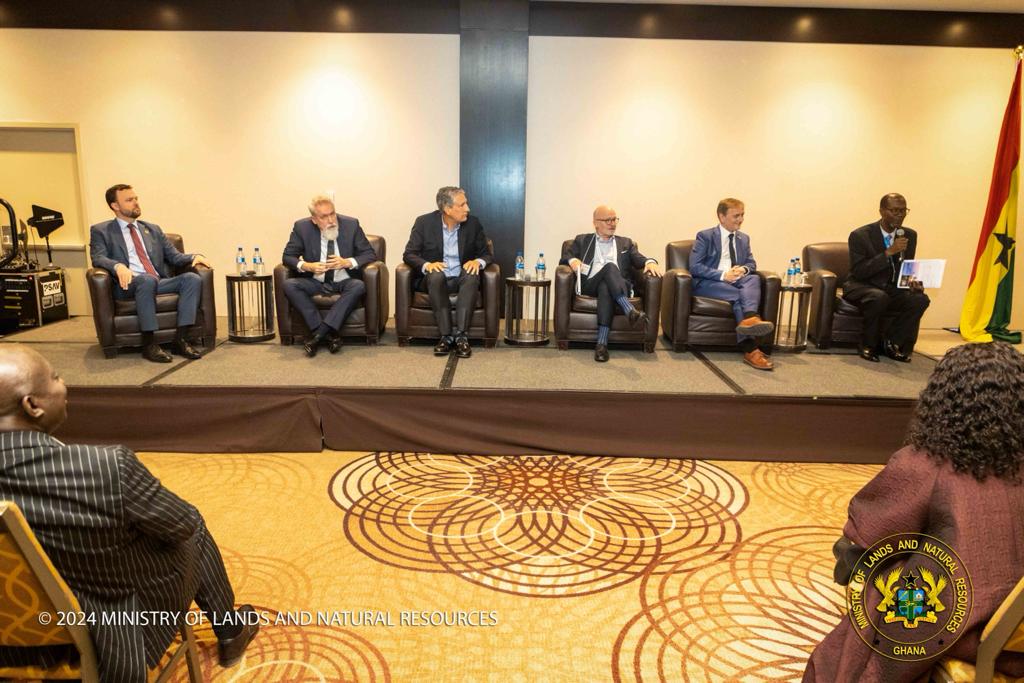
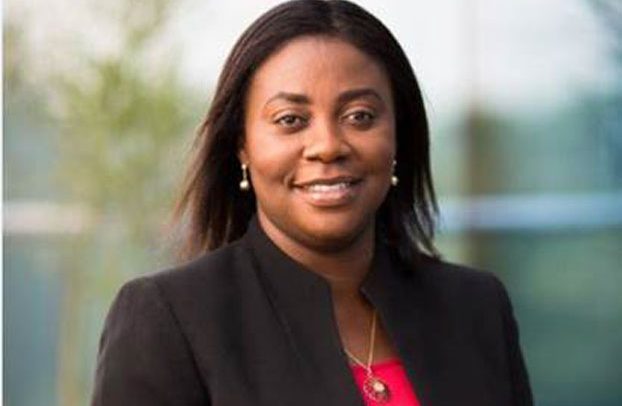

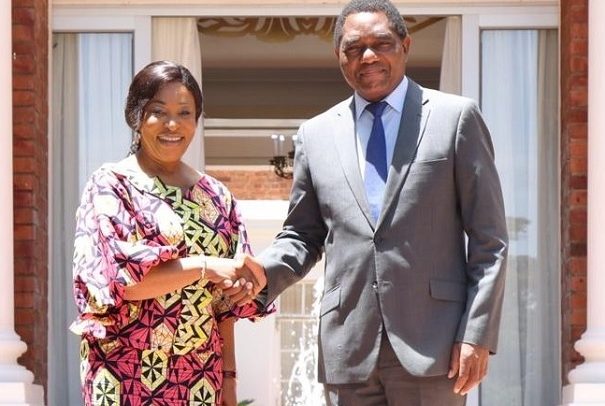
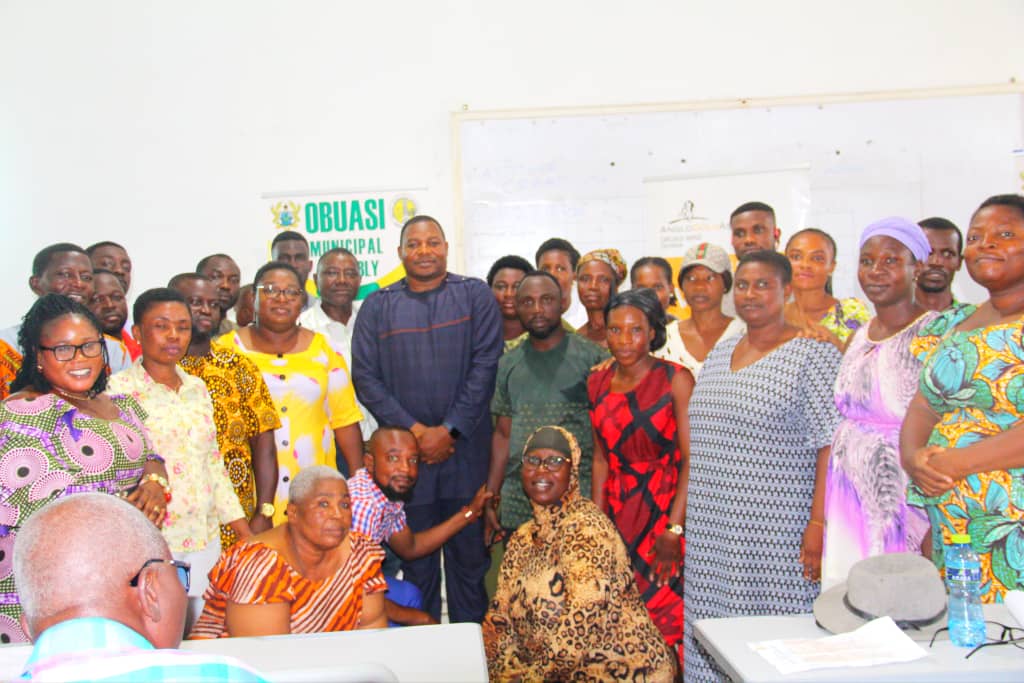
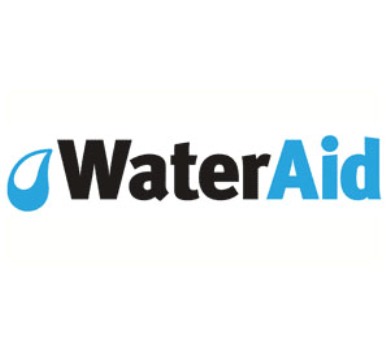
















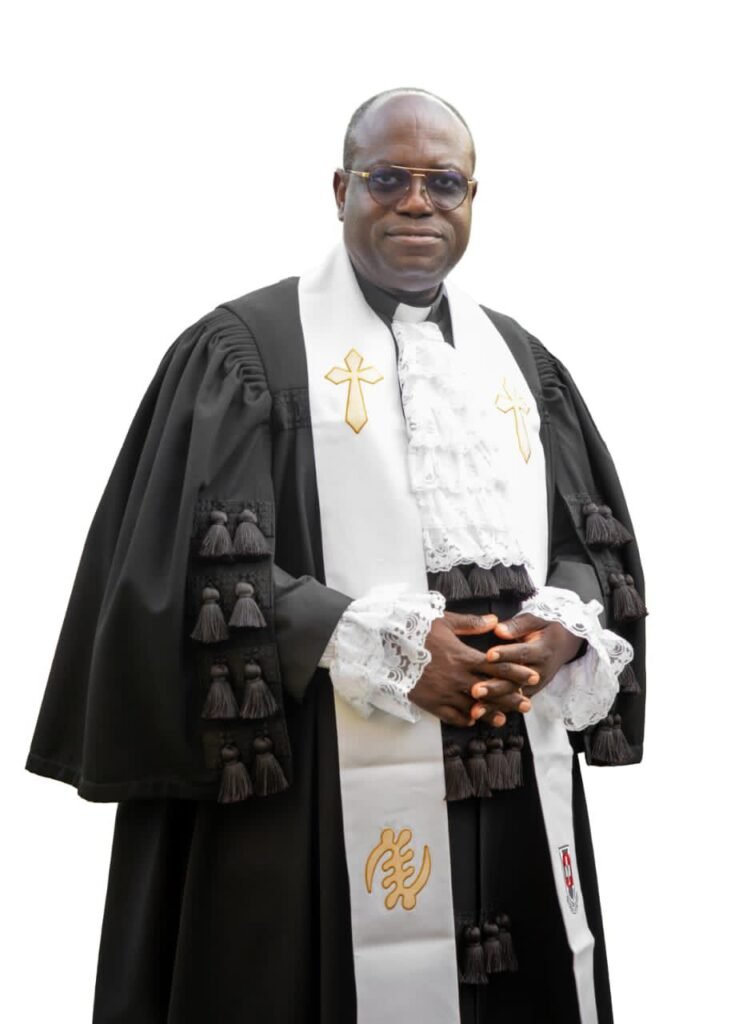


Facebook
Twitter
Pinterest
Instagram
Google+
YouTube
LinkedIn
RSS